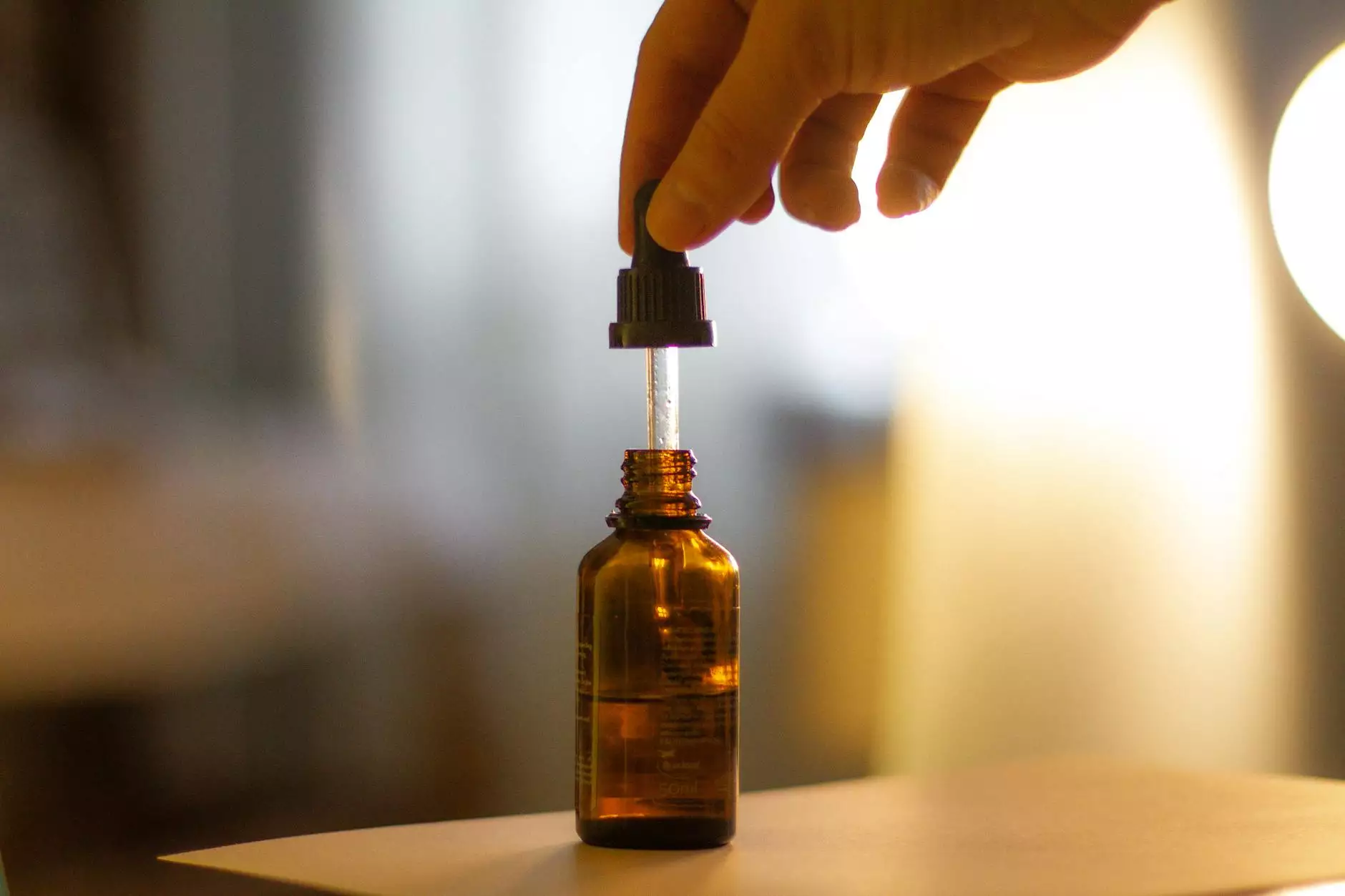Understanding Tooth Extraction Cost in the UK under the NHS

Tooth extraction, a common dental procedure, is often necessary for various reasons. Understanding the tooth extraction cost UK NHS can empower patients to make informed decisions regarding their dental health. This comprehensive article will delve into the intricacies of tooth extraction, the NHS coverage, associated costs, and the importance of maintaining dental health.
What is Tooth Extraction?
Tooth extraction is the process of removing a tooth from its socket in the bone. There are several reasons why this procedure may be required:
- Severe Tooth Decay: When a tooth is too damaged to be repaired, extraction may be the only option.
- Periodontal Disease: Advanced gum disease can lead to tooth loosening and extraction.
- Impacted Teeth: Wisdom teeth that do not have enough room to emerge can cause pain and must often be extracted.
- Orthodontic Reasons: In some cases, dentists may recommend extractions to create space for teeth alignment.
The NHS and Tooth Extractions
The National Health Service (NHS) provides essential dental care to residents in the UK, including tooth extractions. Patients often have questions about how costs are determined, especially when dental procedures are covered by the NHS.
How Much Does Tooth Extraction Cost Under the NHS?
When it comes to the tooth extraction cost UK NHS, it’s important to note that most dental services provided through the NHS come with a fixed charge. As of April 2023, the NHS has implemented three bands for dental treatments:
- Band 1: Covers an examination, diagnosis, and advice as well as preventative advice and treatment. The cost is approximately £23.80.
- Band 2: This band includes all treatment covered in Band 1, plus more complex procedures including extractions. The cost is around £65.20.
- Band 3: Encompasses more extensive procedures such as crowns, dentures, and bridges, costing approximately £282.80.
Tooth extractions generally fall under Band 2, making them accessible to most patients without exorbitant costs. Depending on the complexity of the extraction, further charges may apply.
Factors Influencing Tooth Extraction Costs
Even under the NHS, various factors can affect the overall cost of tooth extraction:
- Type of Extraction: Simple extractions are less costly than surgical extractions.
- Location of the Practice: Urban areas may have higher service fees than rural practices.
- Additional Services Required: Follow-up appointments or additional treatments can increase costs.
Are there Exemptions for NHS Charges?
Some patients may not have to pay for dental treatment through the NHS. Exemptions apply to various groups, including:
- Children under 18
- Pregnant women and those who have given birth in the last 12 months
- Individuals receiving certain benefits
Eligible individuals can receive dental treatments, including extractions, free of charge.
The Tooth Extraction Procedure: What to Expect
Understanding the extraction process can alleviate anxiety associated with the procedure. Here is a step-by-step guide to what a patient might experience:
1. Consultation and Examination
The dental professional will conduct a preliminary exam to understand the patient's dental health and determine the necessity of an extraction.
2. X-Rays
If required, X-rays will be taken to assess the position of the tooth and surrounding structures.
3. Anesthesia
Local anesthesia is typically administered to numb the area around the tooth, ensuring a painless procedure.
4. Extraction
The dentist will gently remove the tooth, employing techniques appropriate for either a simple or surgical extraction.
5. Post-Procedure Care
Post-operative care is crucial to ensure proper healing. The dentist will provide specific instructions for care, which may include:
- Taking prescribed medications
- Avoiding certain foods
- Maintaining oral hygiene
Aftercare: Ensuring a Smooth Recovery
Following a tooth extraction, proper aftercare is essential to prevent complications. Some general guidelines include:
- Rest: Allow your body to recover and avoid strenuous activities for at least 24 hours.
- Icing: Applying ice packs can help reduce swelling.
- Oral Hygiene: Maintain oral hygiene but avoid brushing the extraction site for a few days.
- Dietary Considerations: Stick to soft foods and avoid hot or spicy items.
Maintaining Dental Health After Extraction
Tooth extraction can be a turning point for improved dental health. Here are some practices to ensure a healthy mouth post-extraction:
- Regular Check-Ups: Schedule dental check-ups at least twice a year.
- Daily Brushing and Flossing: Incorporate comprehensive oral hygiene routines.
- Healthy Diet: Consume a balanced diet rich in vitamins and minerals essential for oral health.
Conclusion
Understanding the tooth extraction cost UK NHS and the procedure itself can alleviate concerns associated with dental extractions. The NHS ensures that dental treatments remain affordable and accessible for everyone. Maintaining proper dental hygiene, following aftercare instructions, and making regular dental visits can significantly contribute to overall dental health. For more information about your dental health needs or to schedule a consultation, visit Kensington Dental Studio.









